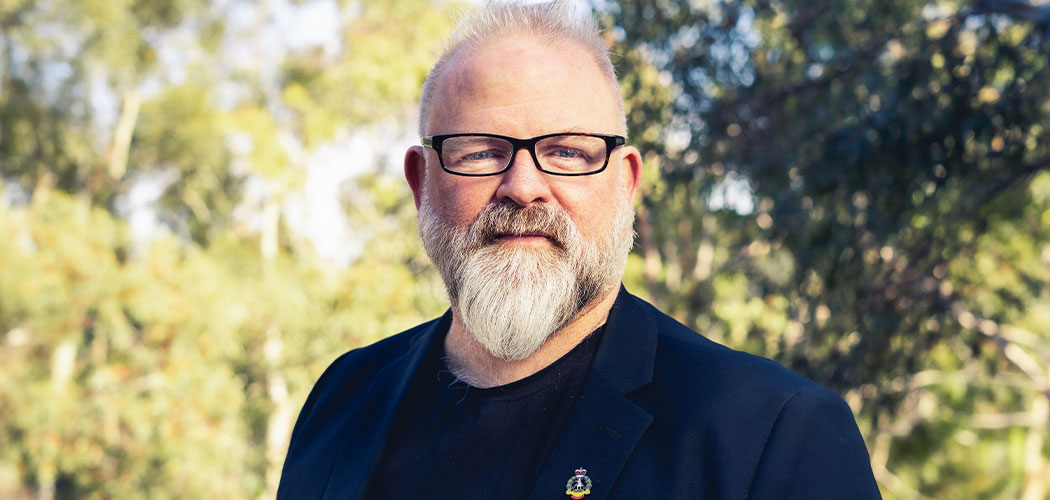Australia isn’t doing enough to support military veterans once they finish serving, according to a new study.
Flinders University and La Trobe University researchers argue that too much emphasis is being placed on psychiatric and psychological support and medical interventions for mental health care, yet not enough is being done to ensure veterans have the basics like a home, job and support network.
“One of the most significant challenges for our veterans is the transition process when they leave service,” explains Professor Ben Wadham, from The Open Door Initiative and Flinders University’s College of Education, Psychology and Social Work.
“The concern we have is that the current transition service has an overwhelming focus on traditional methods of treatment for mental health but little or no support for the other areas that contribute to quality of life.”
The study reviewed the current research and methods used to support Australian military veterans’ psychological, physical and social wellbeing.
Providing resources like housing, employment and education, as well as mental health services, can help set up veterans for a health and happy life after service, say researchers. The nations must be mindful of how institutionalised veterans can become whilst in service, and that the transition back into the community can be very difficult.
“If veterans leave service and have nowhere to live, no employment and no support network this will exacerbate any mental health issues they have,” Professor Wadham says.
“Many of the current programs and services for veterans haven’t been designed with the veterans’ own experiences and needs in mind but instead rely heavily on treating symptoms like anxiety or post-traumatic stress disorder (PTSD) without considering other factors at play.
“Social, organisational, and environmental factors play a huge role in a successful transition into civilian life alongside mental health factors.
“We want to see a greater diversity of approaches to veteran health to deliver holistic tailored programs in a more meaningful way.”
The study’s findings have important ramifications for how the sector moves forward to improve the mental health and wellbeing of veterans, says Professor Wadham. It will be crucial to listen to the lived experiences of veterans and their families to co-design solutions based on their needs.
“The Royal Commission into Defence and Veteran Suicide (DCDVS) delivers its final report in September and one of the key findings is that the research into defence and veteran trauma and wellbeing lacks diversity in terms of the methods used and the people involved,” says Professor Wadham.
“Our findings demonstrate that Australian research into veteran wellbeing has been limited in scope and is dominated by a focus on diagnostics and treatment at the expense of preventative programs and interventions.
“The sector needs greater diversity and more focus on social determinants that affect veterans’ health and wellbeing such as their social relationships, cultural background and life circumstances.”








